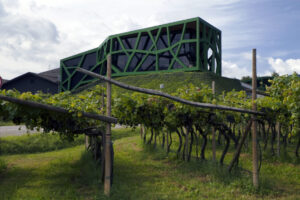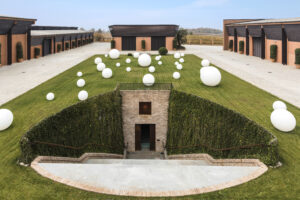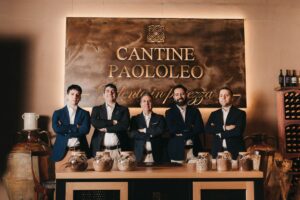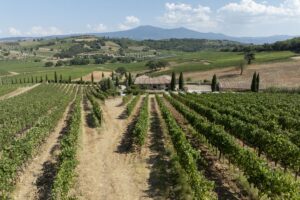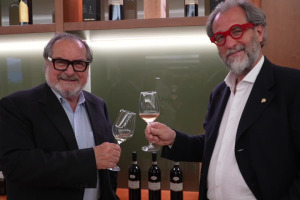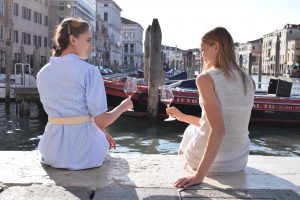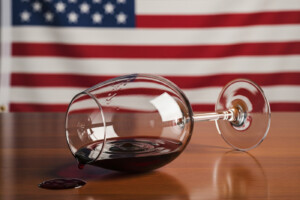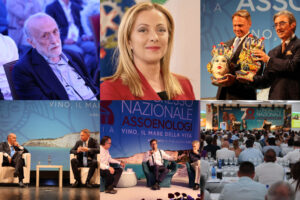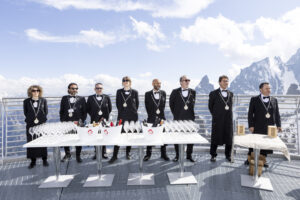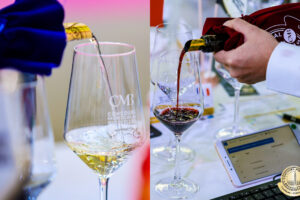For a quality chef, the road to becoming a successful chef is quite a long one. The chef must have a good training experience, possibly a little “breaking-in” training abroad, be able to count on an excellent team and know how to change with modern times, translating Italian cuisine into a more advanced process, not forgetting tradition and territory. And, also have managerial and entrepreneurial skills, which, though, are less important than the culinary ones. The chef must go through all of these steps, while in the catering sector wine is seeing a major return to the limelight, a kind of new “golden age”, for its “storytellers” as well. Sommeliers are moving more and more from wine counselors to dining room managers, and are all around experts in the wine production process as well as in management.
These are the main observations that emerged from the workshop of top chefs and sommeliers, organized by Gambero Rosso at the Rome Sheraton Hotel, during the presentation of their guide I Ristoranti d’Italia 2020, celebrating 30 years of publications. Participants included great names in Italian cuisine such as Alfonso Iaccarino (Don Alfonso 1890), Ciccio Sultano (Duomo) and Francesco Apreda (Idylio), as well as chef sommeliers such as Marco Reitano (La Pergola), Matteo Zappile (Il Pagliaccio), Vincenzo Donatiello (Piazza Duomo), Gianni Sinesi (Ristorante Reala) and Manuel Marcelletti (Gran Cru).
“Right now, Italian wine is in the spotlight all over the world”, said the president of Gambero Rosso, Paolo Cuccia. “We also know how to export it very well as our restaurants abroad demonstrate, and our chefs are top professionals. It is too bad that we aren’t equally great at boosting the local products that make Made in Italy dishes excellent. There is definitely room for more growth and internationalization in food and wine tourism”.
Today, in addition to an extraordinary knowledge and top culinary skills, managerial skills are also a must in catering, and development strategies must be carefully studied, observed Ciccio Sultano, who expanded his restaurant in Ragusa, Duomo, three months ago, adding a new wing, called “Cantieri Sultano”. This new addition, besides being a lounge for customers “is also a place where we will discuss new strategies to take regarding our restaurants abroad and in Italy; however, our intention is to continue expanding”. According to the Sicilian chef, “we must translate Italian cuisine into a more modern, more developed and less folkloristic process. It’s basically a question of mathematics, and that is, you can’t make a food idea grow if you don't adapt it to the current times and language”.
Chef Francesco Apreda at the helm of “Idylio by Apreda” at The Pantheon Iconic Hotel in Rome instead believes that we need an open vision of the kitchens in the world, to draw inspiration and give personality to our dishes. “We must look at what others are doing and while not imitating them”, he said, “we must draw inspiration that comes from travelling and relationships with different cultures. Personally, I try to internationalize globalization, and try to get the most out of what we are and what we have been, with a different twist, which we can do using techniques and traditional dishes. We also observe and get inspiration from other cuisines, instead of being stuck in tradition. It is necessary to put personality into the dishes one makes, as it is a concept that comes from the soul. One can get these ideas from different cultures, and also from watching the farmer working alongside you. Managerial skills, making ends meet, learning over time, and experience are fundamental, while today in the Internet age, we go much faster and our job is more complex; you must be a hard worker and move forward. What I’d like to say to young people is to not move too fast, not skip stages; rather take one step at a time, starting from the bottom like I did. I began working at 14, and my first experiences were in restaurants, a butcher’s shop, a pizzeria, anything I could do that would give me something to grow”.
Alfonso Iaccarino, chef at the head of Don Alfonso 1890 in Sant’Agata sui Due Golfi, began his journey in the kitchen fifty years ago and over the years, he has bet heavily on local and organic products. “Thirty years ago I realized”, said the chef from Campania, “that it was necessary to go organic because food was poisoning humanity, mainly due to economic interests that caused diseases and so many nutritional disorders. We need to go back to nature, to natural food. We need to give a different message about how to eat; therefore, we must pair research for healthy food and nutrition to the effects produced by the food we create and offer. Our choice has rewarded us”, added Iaccarino, “and has given us international credibility. People come to us from very far away”.
The sommeliers have highlighted that a new, popular season has begun for wine in the restaurant sector, linked to the professional growth of their role, but also to the cultural growth of the customers.
“Today the customer is more prepared even culturally, and this is a challenge for us”, said Vincenzo Donatiello, sommelier chef at Enrico Crippa's Piazza Duomo in Alba. “At one time it was unthinkable that the major international journals should pay attention to lesser known Regions, while now they are the added value”.
Marco Reitano, chef sommelier of La Pergola at the Hotel Rome Cavalieri, where he collaborates with chef Heinz Beck, said, “this is a period of great popularity for wine, and consumption is confirming this fact. We have reached a bottle per capita consumed every evening in our restaurant. The public drinks and wants to drink well. Wine culture is growing; our clients are more experienced and are evolving choice wise, too. The restaurant noticed that the wine sector could not be left out or thought about last minute, but needed to be dealt with properly. Today the wine lists are well organized and offer a wide possibility of choice that was not there before”.
“Our profession will be increasingly linked to travel”, said Gianni Sinesi, sommelier chef of Reale in Castel di Sangro, where he works alongside chef Niko Romito. “This year I traveled a lot abroad because our role is no longer linked to just inside the restaurant, but it also works with consulting, journalistic collaborations and more. The approach to the role is changing quite a bit; i.e., from sommelier to restaurant manager. Once upon a time, the sommelier was the one who did you a great service at the table but the role ended there. Today, instead, it is a very different professional role - one of sensitivity, and that includes many other aspects like study and research, which are all part of an increasingly managerial role”.
Sinesi illustrated his “Impressions Project by Gianni Sinesi” with which “I wanted to get involved through taking part in the winemaking process, choosing barrels rather than barriques, based on my taste and my experience in the wine world. This has allowed me to give an identity to the wine, respecting the characteristics that it must have for me, namely cleanliness, drinkability, pleasantness, respect for the territory. In Abruzzi we already have a thousand bottles of Montepulciano di Abruzzo with my label, in those bottles there is my impression of wine”.
Matteo Zappile, sommelier chef of “Il Pagliaccio” in Rome, observed instead how “a new light has been turned on in the dining room. The culture both of wine and the dining room, even for the waiters, has grown immensely and we do much more customer training. Today wines are narrated in a different way than fifteen years ago. It drives the entire sector, and it is much easier to sell and manage wine in restaurants”.
The young entrepreneur, maître sommelier Manuel Marcelletti at the head of his “Gran Cru” wine bar in Milan, added that, typically, “to have success there must be passion and preparation. My colleague Gianluca Sala and I have been working with passion in the field for twenty years. We offer by the glass from the top maisons to the smaller wines - thanks to the Coravin system, which allows you to drink even a single glass of the top wines. We have been open for just two years, but we are having great results also in profits”.
Copyright © 2000/2025
Contatti: info@winenews.it
Seguici anche su Twitter: @WineNewsIt
Seguici anche su Facebook: @winenewsit
Questo articolo è tratto dall'archivio di WineNews - Tutti i diritti riservati - Copyright © 2000/2025











